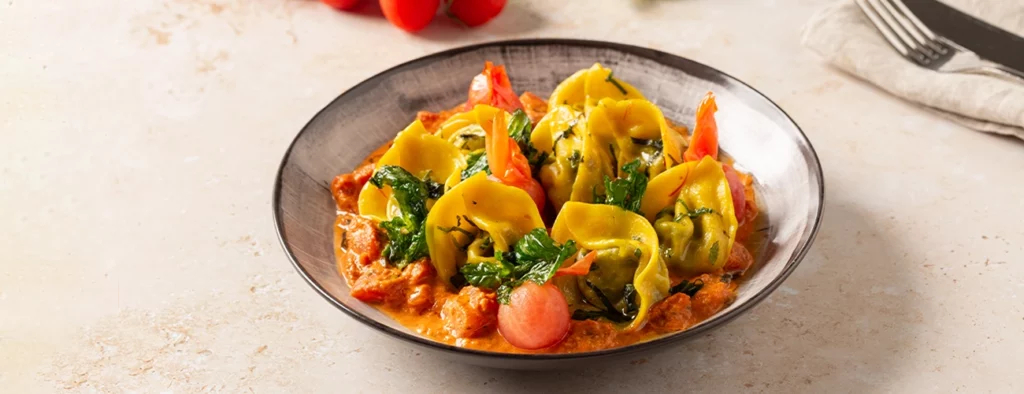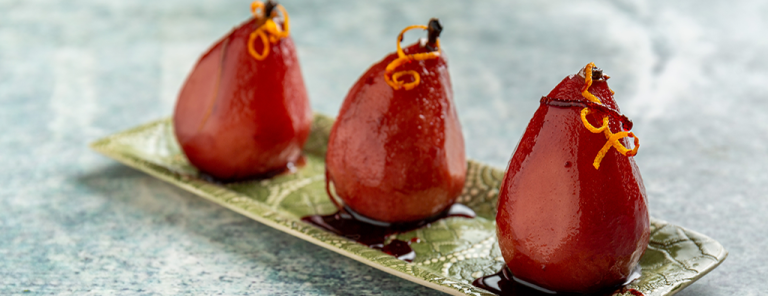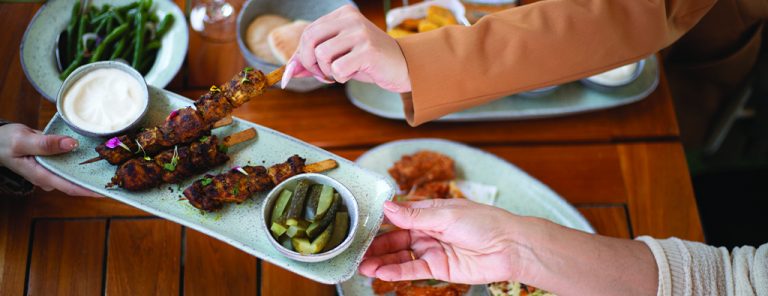Published in Caterer Middle East, May 23, 2021.
Recently, I was invited to introduce a new Israeli business into the kosher industry in the UAE.
Like many others entering the market, this business symbolises the promising new bridges being built between the UAE and Israel, which in turn reflect a changing set of political-economic relations in the region. A set of relations that many did not anticipate so soon, if at all, but a set of relations full of opportunity.
It is worth reflecting on how far we have come.
Eight years ago, when I first relocated to Dubai, some kosher products were available on the shelves. Mostly, they were imported products from the US, and they happened to be kosher. But, unless you lived here as a kosher consumer, very little knowledge existed of these kosher products. Further, access to ready prepared kosher food in the UAE was completely lacking. Both these facts presented a barrier to kosher-observant business and leisure travellers wanting or needing to visit the UAE.
However, the UAE, through its peaceful and stable environment, and efforts of tolerance building, has attracted more and more people across faiths and cultural backgrounds making it a place hard to resist. It was in the wake of this tide of global values emanating out of the Middle East, that a vision for a kosher future became possible. Elli’s Kosher Kitchen, the flagship kosher enterprise in the Gulf region, came to be in February 2019. However, despite the positive predictors that were coming to play, exactly one year ago the paralysing effects of the recent ongoing global pandemic presented an existential challenge to my then-thriving business.
But then, the Abraham Accords burst forth in August 2020, opening a new world of possibilities in business, travel, hospitality, and food and beverage.
Despite the antithetical force that Covid-19 posed, the kosher environment broadly speaking has become the phoenix of the Middle East. What is fascinating about the kosher industry emerging in the Gulf is that wherein some regions, like Europe, the kosher environment is restricted in terms of its labelling of products and production, in the UAE the kosher environment is on the ascent.
Since the Abraham Accords, many businesses have been seeking kosher food and/or products as a differentiating point of service, to attract new customers, and continue to deliver on the exceptional quality of hospitality known in the UAE. The antiquated diet dating 5,000 years is suddenly trendy again.
Today, the UAE kosher environment has come to consist of:
– Multiple kosher caterers
– Multiple kosher restaurants starting in Downtown Dubai and reaching the outer edges of the Palm
– Multiple kosher certifying agencies (local and international) providing services to retail and manufacturing sectors
– Kosher kitchens popping up in hotels around the UAE
– Government regulations as it pertains to kosher kitchens and the import of kosher products
– An influx of kosher products from around the world competing for space on supermarket shelves
– Supermarkets themselves, preparing to highlight sections of kosher foods
– F&B retailers offering ready-prepared kosher food
All this in approximately eight months. It has been one of those unanticipated, yet incredible success stories that will go down in the history books of the region and the pandemic.
Here is an interesting fact that exists about the kosher US market (which can be said to be different from the Israeli kosher market but probably one that the UAE is set to emulate):
In the US, 40 percent of products on the shelves are kosher. 11 percent of those consumers are Jewish and of that a very small percentage are strictly kosher. In other words, 40 percent of the products on shelves are for a minority of a minority. Conversely, kosher products are appealing to more non-kosher consumers.
This disproportion between products and consumers has been attributed to the fact kosher products have a higher perceived value in times of quality and health.
Because the production process is supervised through a rigorous process of production checking, and then certified by credible and trusted authority figures, people seek these products for their ‘truthfulness’.
People see the kosher symbol as one of reliability. Kosher products entering the UAE are therefore not only of value to those of a kosher lifestyle. They are set to appeal to consumers and/or visitors across the board.
Having worked alongside many of the region’s finest hoteliers and chefs for the past two years, many important milestones have been reached. While there is still much work to do in creating and applying standards, implementing reliable and efficient logistics, and offering competitively priced deliverables, the road we have travelled in such a short space of time has gone far.
Read it online here.



